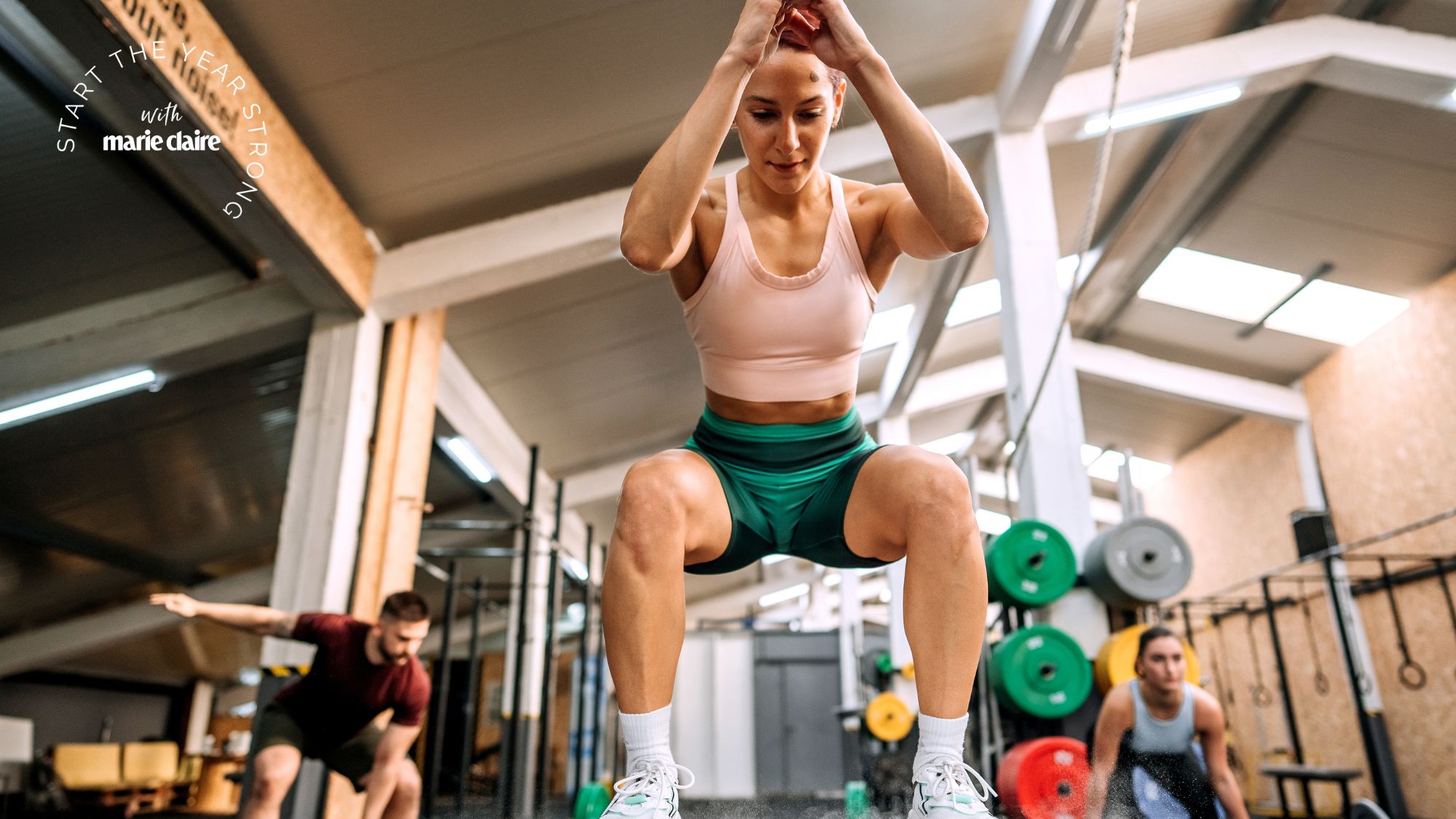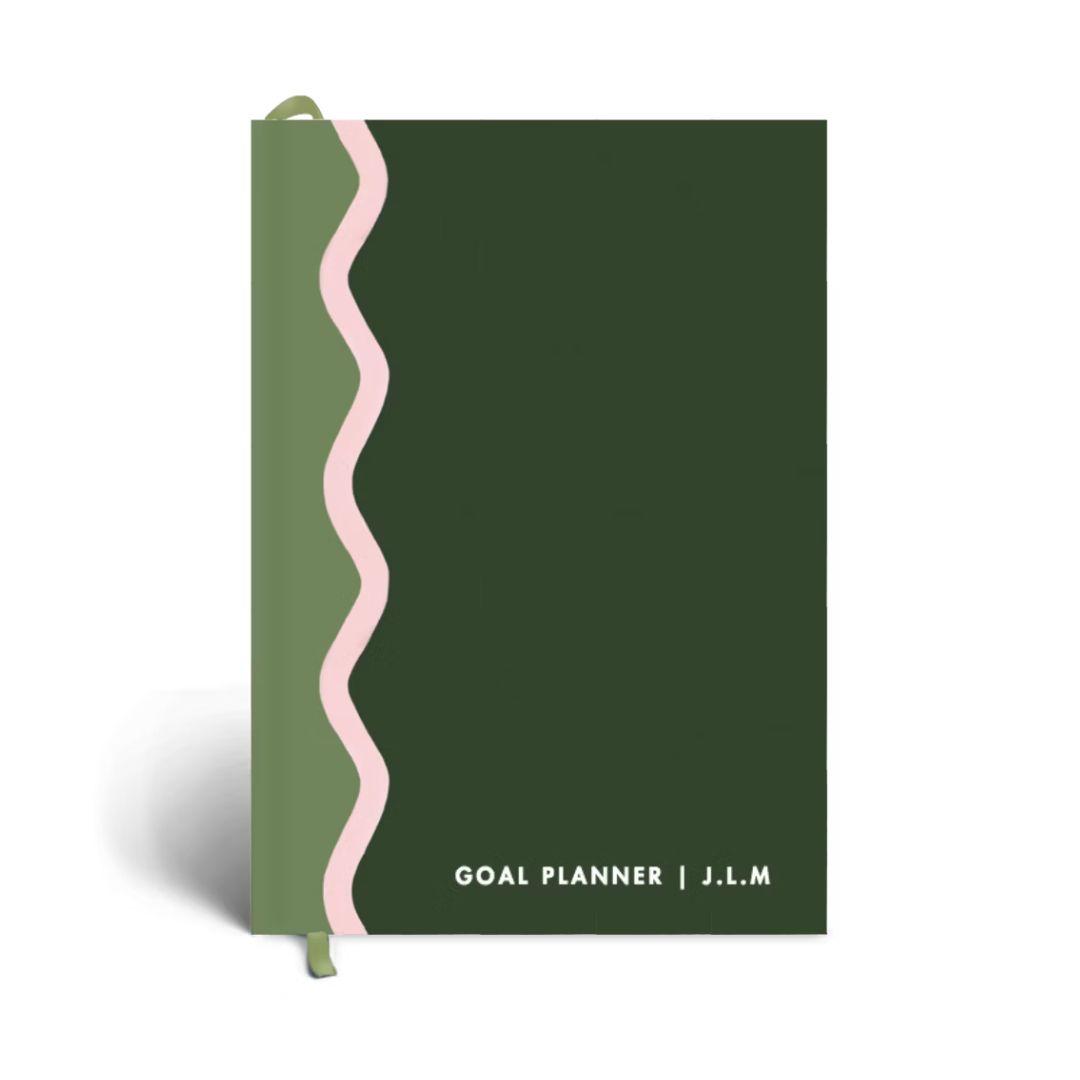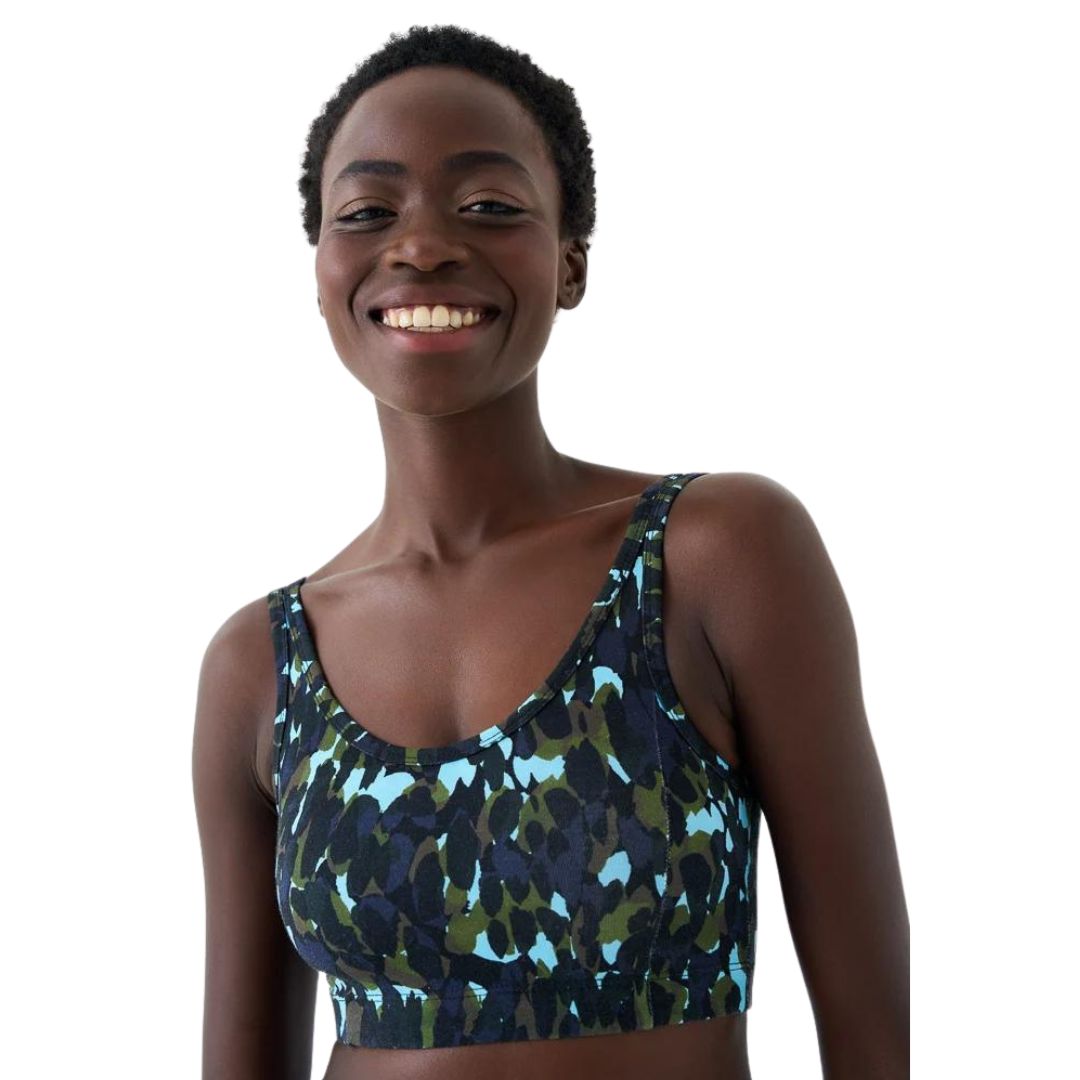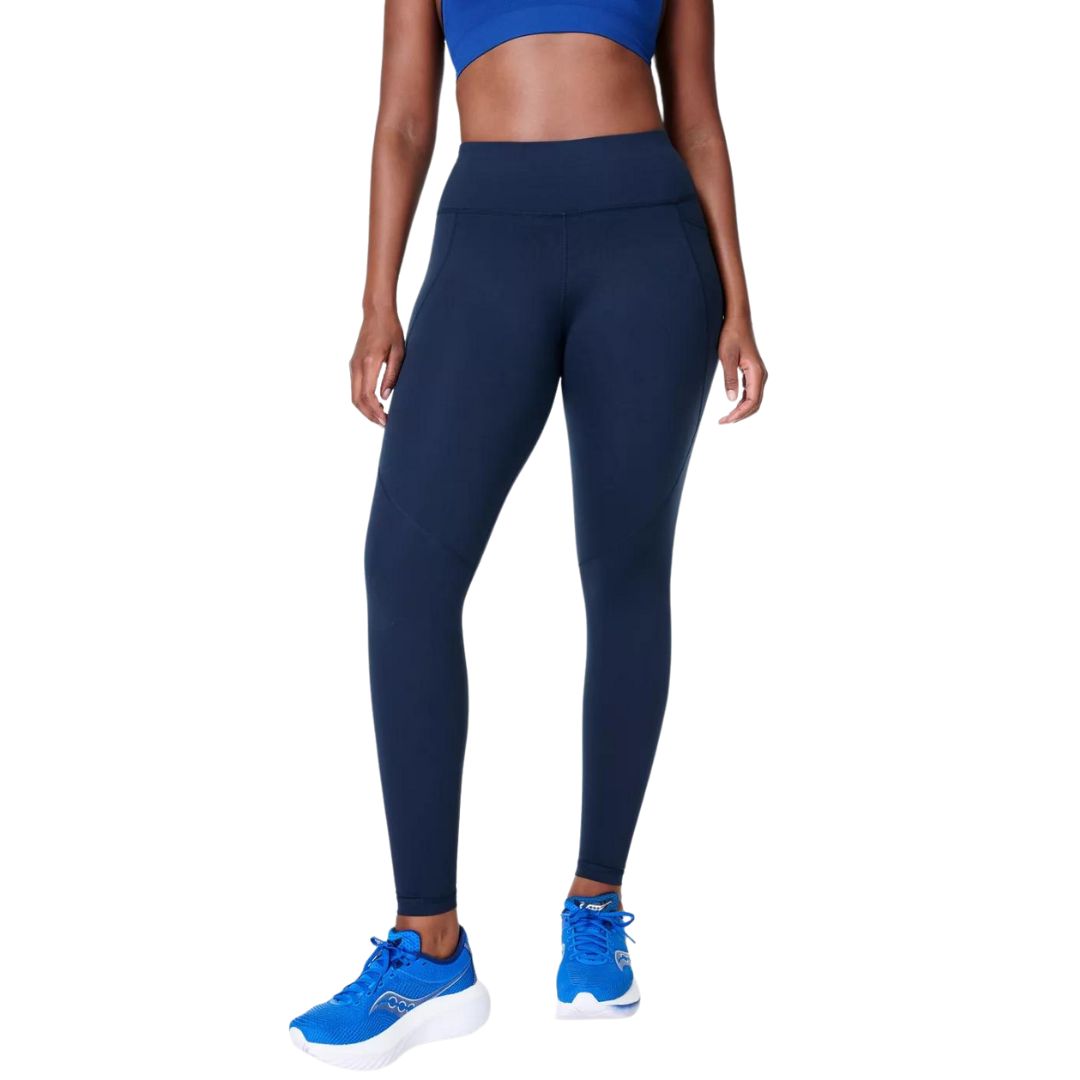7 bodyweight cardio exercises that require zero kit but promise seriously impressive results
If you can't face running in the cold, this is for you.


Celebrity news, beauty, fashion advice, and fascinating features, delivered straight to your inbox!
You are now subscribed
Your newsletter sign-up was successful
If this recent cold spell has temporarily your outdoor workouts and you’d rather count the specs of protein powder in a serving than do your cardio in a gym (treadmill running, understandably, isn’t everyone’s cup of tea), then you’re going to want to hear about the benefits of doing bodyweight cardio exercises.
There are many reasons to give bodyweight exercises a go – not least because doing them at home means one less freezing venture outside this winter (we recommend keeping up with your daily walks for some fresh air, though). A 2021 study, published in the International Journal of Exercise Science concluded that simple bodyweight training that requires no specialised equipment and a minimal time commitment, can enhance cardiorespiratory fitness in inactive adults.
Another study, which explored the effects of a ten week bodyweight training programme, found that participants’ scores had improved in seven out of nine health tests after completing the programme. Basically, bodyweight cardio training is not to be bypassed.
It’s easy to get started with bodyweight training, and there are movements to target all major muscle groups (including back exercises, bicep exercises, tricep exercises and shoulder exercises). There are also ways to enhance training sessions with basic and low-cost equipment, such as doing resistance band exercises.
Ready to learn more? We asked two top personal trainers to share their advice on doing bodyweight cardio exercises at home, plus seven of their favourite online workouts.
What are the best bodyweight cardio exercises?
What is a bodyweight cardio exercise?
Cardio exercise is defined as a type of movement that targets the cardiovascular system, including the heart, blood vessels and lungs. It raises your heart rate and helps to enhance the body’s endurance and overall efficiency.
“There are many exercises that target your cardiovascular system and will engage multiple muscle groups simultaneously, incorporating movements involving all parts of the body – this is what a full-body workout experience would be,” says Harun Okine, Personal Trainer from The Body Lab London.
Celebrity news, beauty, fashion advice, and fascinating features, delivered straight to your inbox!
Cardio exercise, he adds, often follows rhythmic patterns. “This style of training also promotes quality functioning of the cardiovascular system.”
Why are bodyweight cardio exercises effective?
Regularly partaking in cardio exercise, bodyweight or otherwise, essentially helps your heart to function more efficiently. “This will complement blood circulation and will positively impact your respiratory system by promoting deeper breaths, improving lung capacity, and optimising the exchange of oxygen and carbon dioxide we breathe in and out of our lungs,” Okine explains.
It’s also beneficial for mental health and the immune system, and makes the process of delivering oxygen to your muscles much more efficient, meaning less fatigue in daily life.
“Adapting to this kind of stress will inevitably assist in becoming better at handling increased workloads – whatever they may be,” says Okine. “This is why I’m a huge advocate of cardio exercise, and would recommend anywhere from 60 to 240 minutes a week. This doesn’t mean jumping on a bike and going crazy or running 10km at a blistering pace; it can also mean going for walks or low-intensity bike rides.” Or, indeed, doing bodyweight cardio exercises in the comfort of your own home.
How can I build my cardio fitness from scratch?
If you aren’t all that experienced where cardio exercise is concerned, our experts have some words of wisdom for you.
“Start with something you feel you can manage, such as walking, or low-impact cardio like chair exercise or barre,” suggests Tara Lee Oakley, Personal Trainer from East of Eden. “Also, consider beginning with shorter, fifteen to thirty-minute sessions before gradually building up to longer sessions. There is no need to rush.”
Okine recommends picking three or four exercises that you enjoy and are familiar with, and focussing on executing them either in a high-intensity interval format or in a lighter circuit. “Begin with twelve to fifteen reps of each exercise for three to four sets with minimal rest between sets, allowing longer rest after the 4th set, and repeat this for ten minutes,” he says.
He also advises setting yourself small challenges, such as a daily step count, as a motivation to get moving. “Make it enjoyable, include friends and hold each other accountable,” Okine says. “And don’t be afraid to get creative; you could use household equipment such as a table, chair, the stairs or a light object to enhance your at-home cardio sessions.”
7 PT-approved bodyweight cardio exercises you can try at home
1. Seated fitness class
What? A chair workout that'll boost both your cardio and strength.
Why? "This is great for people who have injuries, mobility issues or health conditions," says Oakley. "You can still do cardio sitting down."
How long? 20 minutes.

2. Barre burn workout
What? An at-home friendly barre workout.
Why? This low-impact session is gentle on the joints and, with no jumping exercises included in the session, you won't have to worry about disturbing downstairs neighbours either.
How long? 30 minutes.
3. Dance fitness workout
What? A 30-minute dance sweat session.
Why? "You'll have so much fun during this cardio dance workout, you won't even realise you're exercising," says Oakley.
How long? 30 minutes.
4. 30 minute cardio shred workout
What? A high-intensity workout that'll get your heart rate and sweat levels up.
Why? This session is suitable for all fitness levels, with low-impact modifications you can use to make exercises more accessible. It features a wide range of movements, so you're unlikely to feel bored, and you don't need loads of space to do the workout, either.
How long? 30 minutes.
5. Kickboxing cardio workout
What? A kickboxing session that promises to make exercising fun.
Why? "This kickboxing workout helps you build strength and coordination, as well as improving your cardio," says Oakley. "It's also a great way to release stress." You could also use a couple of light dumbbells if you want to increase the challenge.
How long? 30 minutes.

6. Cardio Pilates workout
What? This is an interval session that features a combination of cardio and Pilates exercises.
Why? "It's a creative, powerful and fun option for Pilates lovers looking to improve their cardio fitness," says Oakley.
How long? 30 minutes.
7. Yoga HIIT session
What? Great for mobility and strength as well as cardio fitness, this yoga session works the entire body with zero equipment requirements.
Why? Each exercise is only performed for one set, so you're unlikely to get bored during this workout.
How long? 30 minutes.
Shop MC UK's go-to yoga kit now:

This stylish daily planner by journal aficionados Papier contains a mind map section and pages specifically designed for setting and reflecting on goals throughout. There are also plenty of places in the planner for jotting down the thoughts that pop into your head mid-yoga flow.
Are bodyweight exercises good cardio?
Yes, they are. As one 2021 study showed, bodyweight workouts are seriously effective at enhancing cardiorespiratory fitness, especially in less active adults.
In short, they're especially effective if you're new to fitness and looking for a simple, at-home form of workout that can be done any time, any place.

Abbi Henderson is a freelance journalist and social media editor who covers health, fitness, women’s sport and lifestyle for titles including Women's Health and Stylist, among others.
With a desire to help make healthcare, exercise and sport more accessible to women, she writes about everything from the realities of seeking medical support as a woman to those of being a female athlete fighting for equality.
When she’s not working, she’s drinking tea, going on seaside walks, lifting weights, watching football, and probably cooking something pasta-based.





